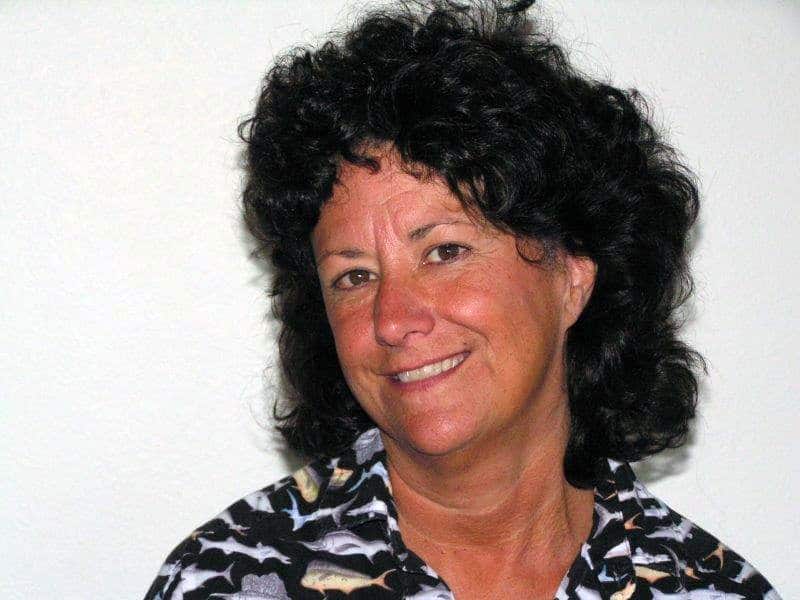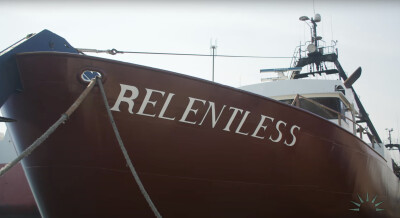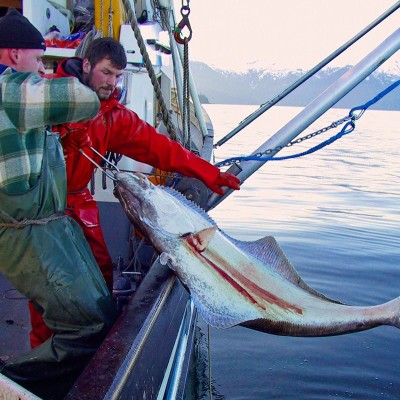The Panhandle plans to be the next Alaska region to give new life to old fishing gear by sending it to plastic recycling centers. The tons of nets and lines piled up in local lots and landfills will become the raw material for soda bottles, cell phone cases, sunglasses, skateboards, swimsuits and more.
Juneau, Haines, Petersburg and possibly Sitka have partnered with Net Your Problem to launch an effort this year to send old or derelict seine and gillnets to a recycler in Richmond, British Columbia.
“We’re going to be working in a new location with a new material and sending it to a new recycler,” said Nicole Baker, founder of Net Your Problem and the force behind fishing gear recycling in Alaska.
Baker, a former fisheries observer who also is a research assistant for Ray Hilborn at the University of Washington, jumpstarted recycling programs for trawl nets, crab and halibut line two years ago at Dutch Harbor and Kodiak quickly followed. The nets can weigh from 5,000 to 25,000 tons and can cost $350-$500 per ton for disposal in landfills. The community/industry collaborations in both towns have so far sent 300,000 pounds of gear in seven vans to Europe for recycling.
“Each fishing port will have its own special logistics plan but the general role is the same,” she said. “You need somebody to give you the nets, truck them around, load them and ship them.”
No two plastics are the same, and the B.C. recycler opened the door for removals of seine and gillnets made from nylon. Baker said only gear that contains lead, such as longline gear or leaded lines, cannot be accepted for recycling.
“The recycler I have been using in Europe told me it is illegal to import lead into the EU. So that is something that is still a bit of a struggle,” she said. “But as far as polyethylene and polypropylene trawl gear, or nylon seine or gillnet gear, I can recycle all of those at the moment.”
The pace of the fishing seasons will determine the best time for the Southeast towns to begin collecting the nets from fishermen, Baker said, and she hopes to hear from other communities that have net pile ups.
“If you are dealing with this issue please feel free to reach out to me because I am happy to try to establish the logistics for a program in your community,” she said. “My goal is to expand slowly but surely and add one new location every year while still continuing support for recycling efforts at the previous locations.”
Baker will start off the Southeast tour in Haines during its Earth Day events on April 19.







